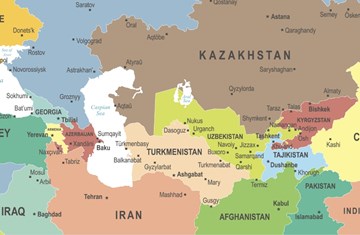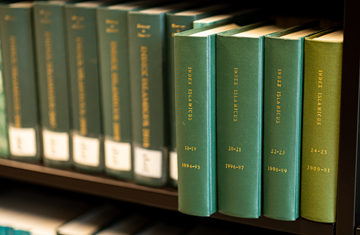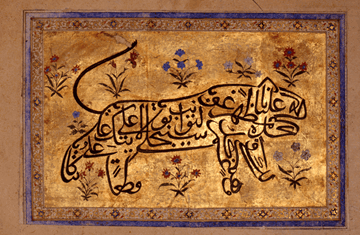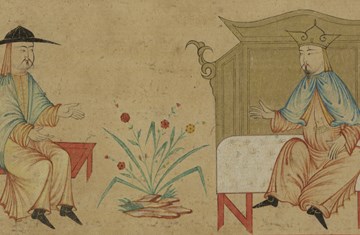Professor Nanji Speaks on Pluralism and its Contents
Other speakers in the last seminar included Professor Rajeev Bhargava, Senior Fellow and Director of the Centre for the Study of Developing Societies; Louis Greenspan, Professor Emeritus of Religious Studies at McMaster University in Ontario and Professor Abdou Filali-Ansary, Director of AKU-ISMC.
In his talk, Professor Nanji provided an example of a group of scholars in tenth century Basra who, in his view, wrote about issues related to plurality of religious interpretations in their own context. The group, known as Ikhwan al-Safa’ (Brethren of Purity), had written a series of 52 epistles in which they explored arguments about what ought to be the foundations of a society that took knowledge seriously. He framed the question the Ikwan were engaging with as: “If a society is to start from the premise that knowledge should be a foundation, what should be the form of that knowledge?” Further, he noted that the group was also “interested in the fact that the Muslim world in the 10th century had become very cosmopolitan, after three centuries of expansion and growth and conversion.”
Drawing upon two parables in the Rasa’il Ikhwan al-Safa’ (Epistles of the Brethren of Purity), Professor Nanji shared the group’s approach to social organisation. In the first story, a King, in order to educate his sons, creates a palace.The palace is adorned with various branches of knowledge available at that time - on the ceiling were representations of the cosmological and the astronomical sciences, on the four walls the different sciences, and in the courtyard the geography of the earth. Religion, i.e. din, in this model appeared as one dimension in the make-up of the world and a contributor to good governance, but was not necessarily perceived as an overarching dominant realm in society. It was, in fact, related to the other dimensions and informed them.
Professor Nanji referred to another story in the Rasa’il, which explored the problem of human existence in a diverse habitat that humans shared with other creatures. In this account, which occurred in the form of a debate between men and animals, the exchange involved each non-human species providing a case as to why humans should not be as privileged as they ordinarily were. Although humans were found guilty of many things, they were eventually recognised worthy of their position because of their two unique qualities: capabilities of self reflection and self-correction. In Professor Nanji’s view, through this story, the Ikhwan suggested that human beings must recognise that they share the planet with others and are accountable for the way in which they share the resources of the world, but also how they interact with other beings for the good of all.
Professor Nanji concluded by stressing the importance of creatively drawing upon Muslim, as well as human heritage in general, to find ways in which issues of human organisations have been approached. Some of these approaches, he believed, may illuminate and aid in resolving our current challenges. The appropriation of the Ikhwan, he suggested, was one example and must be seen as an invitation to continue with this process.






